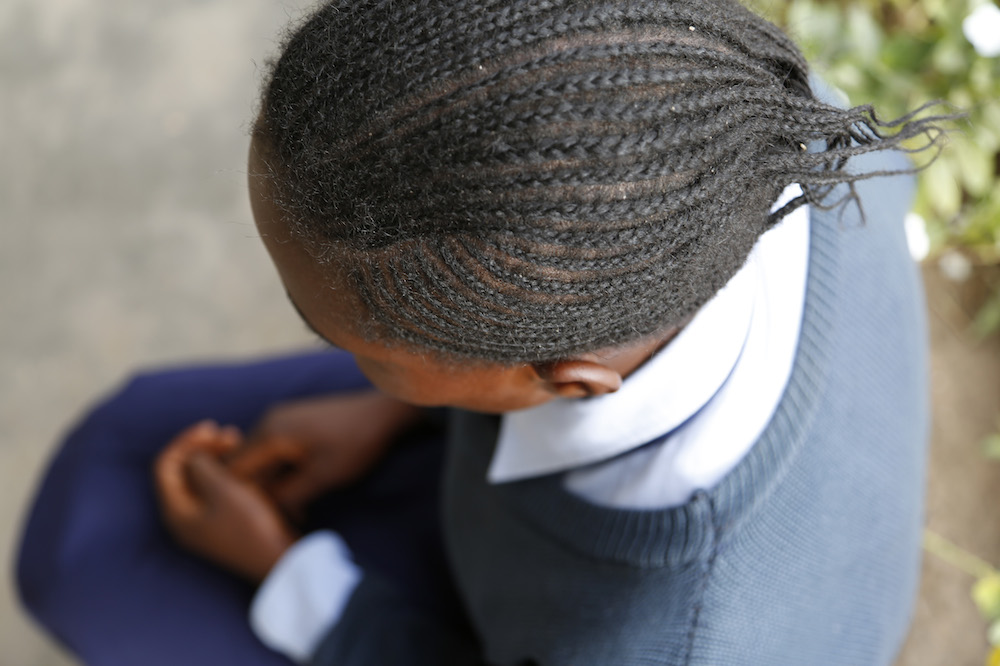
Over half of Rohingya girls who fled Myanmar became child brides says UN agency
Barriers to education, Child marriage, Education in emergencies, Girls' education, Refugees and internally displaced people, Right to education
60% of children from the Muslim ethnic minority have never been to school - and an increasing number of girls and women have moved to nearby countries to escape violence.
More than half of Rohingya Muslim girls who fled violence in western Myanmar ended up becoming child brides, according to a United Nations survey that also showed widespread domestic abuse.
Since 2012, violence and communal clashes in Myanmar’s Rakhine state have forced more than 168,000 of the ethnic Muslim Rohingya minorities to flee, including a rising number of women and girls, according to the UN refugee agency UNHCR.
In a survey of 85 Rohingya women and girls who have fled to India, Malaysia and Indonesia, UNHCR found about 60% married before the age of 18. The average age that they gave birth to their first child was 18.

One in every three women and girls also said they were victims of domestic violence, according to UNHCR’s 2016 Report on Mixed Movements in Southeast Asia.
“We generally counsel them about their options and, if they agree, refer them to a partner or shelter that cares for vulnerable women,” UNHCR Asia spokeswoman Vivian Tan told the Thomson Reuters Foundation.
Rohingya and education
They are one of Myanmar’s many ethnic minorities. 60% of Rohingya children in Myanmar have never been to school. An estimated 80% of Rohingya people are illiterate.
The growing number of Rohingya women and girls fleeing persecution in Buddhist-majority Myanmar has raised concern that they may be vulnerable to human trafficking, sexual exploitation and child marriage, activists say.
UNHCR said the interviews with the 85 women in its latest report were to assess “continuing vulnerabilities” they face.
There are about 8000 Rohingya women and girls aged between 14 and 34 in India, Indonesia and Malaysia – the countries where the study was carried out late last year.
The findings showed while the majority of the Rohingya girls in India said they chose their husbands, 76% in Malaysia said their marriage was arranged by families or brokers, giving rise to fears of human trafficking.
Rights groups said they have seen an increase in the number of child brides among Rohingya refugees as violence in Rakhine worsened, with human traffickers selling girls to Rohingya men as brides.
More news

Skills for the future give young people the best chance of success
